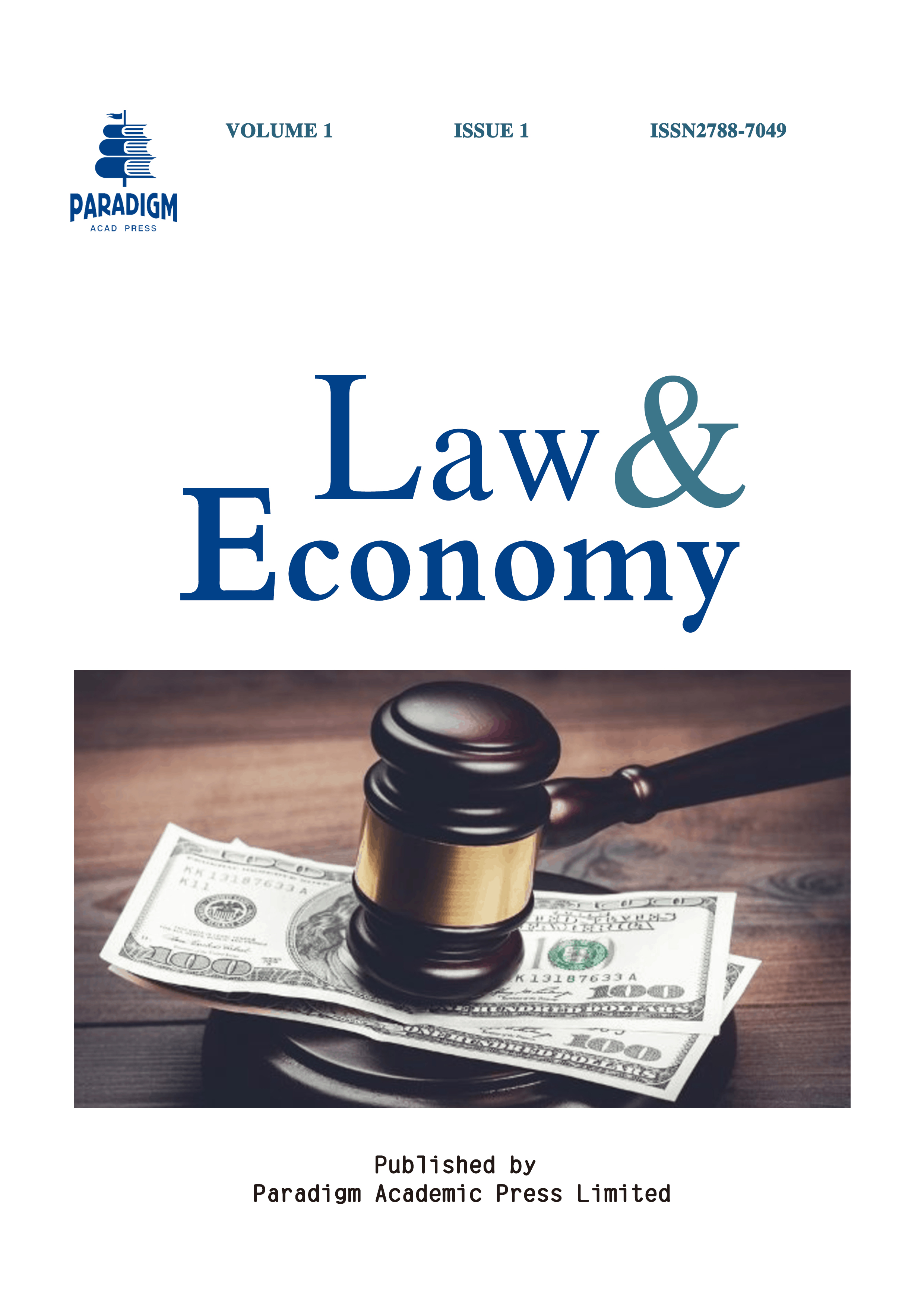The Impact of Brazil’s Agricultural Export Boom on Domestic Food Security
Keywords:
agricultural exports, food security, Brazil agribusiness, deforestation, rural inequality, land-use policies, small farmers, food inflation, soybean tradeAbstract
Brazil has become a global leader in agricultural exports, supplying major commodities such as soybeans, beef, corn, and sugarcane to international markets, particularly China, the European Union, and the United States. While this export-driven agricultural boom has contributed significantly to economic growth, trade surpluses, and rural employment, it has also raised serious concerns about domestic food security, environmental sustainability, and social inequality. The shift toward large-scale agribusiness and monoculture farming has led to deforestation, displacement of small-scale farmers, increased food prices, and reduced access to staple foods for low-income populations. This paper examines the drivers, consequences, and policy responses related to Brazil’s agricultural export expansion. It analyzes how export prioritization has reduced the availability of domestically consumed staple foods, leading to food inflation and nutritional insecurity. It also explores the environmental costs of farmland expansion, including deforestation in the Amazon and Cerrado regions, soil degradation, and water overuse. Social consequences, such as the marginalization of small farmers, rising rural unemployment, and widening economic inequalities, are also discussed. In response to these challenges, the Brazilian government has implemented various policy measures, including food price stabilization programs, land-use regulations, and social assistance initiatives like Bolsa Família and the National School Feeding Program. However, the effectiveness of these strategies remains mixed, as agribusiness interests continue to dominate policy decisions. The paper concludes by evaluating potential solutions, such as stricter environmental protections, incentives for sustainable farming, and trade policies that ensure sufficient domestic food supply while maintaining Brazil’s position as a major agricultural exporter.


